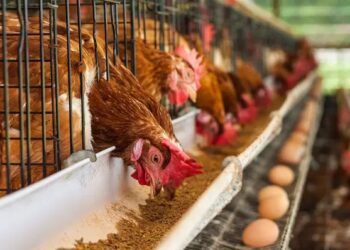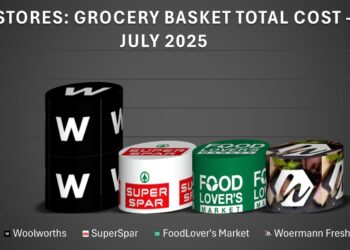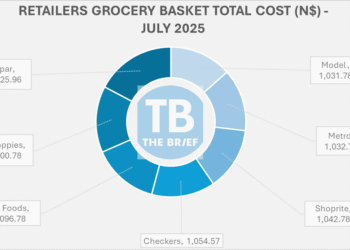
The repo rate has been hiked by 75 basis points on Thursday.
This brings the repo to 5.5% and the prime rate to 9%. Three members of the monetary policy committee supported the hike, while one wanted 100 basis points and another preferred a 50 basis point hike.Â
This is the biggest hike since September 2002, when the repo rate was hiked by 100 basis points amid an emerging market crisis. The latest interest rate hike follows a painful inflation number that was released on Wednesday: consumer inflation reached 7.4%, the highest level in 13 years.
In May, the Reserve Bank hiked rates by 50 basis points.
The large rate hike adds more pressure on many South African households, who are facing spiralling food and fuel prices, triggered mostly by the impact of the Ukraine invasion.
Inflation continues to surprise to the upside, said Lesetja Kganyago, governor of the SA Reserve Bank.
The bank now expects headline inflation of 6.5% for this year, higher than its previous forecast of 5.9%. Kganyago warned that inflation expectations are increasing, which means that employees will seek higher wage hikes. This will drive inflation even higher.
Russia’s war in Ukraine is likely to persist for the rest of this year and may have significant further effects on global prices, he warned.
“Global producer price and food price inflation continued to surprise higher in recent months and may do so again,” he said.
By hiking interest rates, the Reserve Bank wants to cool down inflation by suppressing demand in the economy. Importantly, it also needs to keep pace with sharp interest rate hikes in rich countries, particularly the US. If the US hikes rates by more than South Africa, it could destabilise the rand and capital inflows into the country.
The high interest rates that foreign investors can earn in rands make local assets more attractive – but rapid US interest rate hikes are eroding that advantage. The rand has already started to weaken in response, breaching R17/$ for the first time since 2020.
The US Federal Reserve looks set to hike its key rate by another 75 basis point rate next week, in an effort to subdue inflation.
Despite the impact of load shedding and flooding in KwaZulu-Natal earlier this year, the Reserve Bank upgraded its expectation for growth this year to 2.0%, from its previous prediction of 1.7%. But it sharply downgraded its forecast for growth for the following years – to 1.3% in 2023 and by 1.5% in 2024, below the 1.9% for both years it expected in May. -fin24











